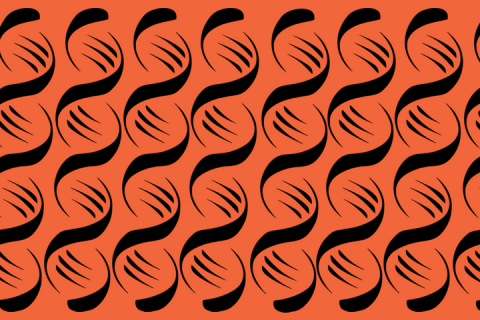Bioinformatics and training in data science
| 19 June, 2018 | GOBLET |
|

|
The GOBLET executive board discuss the essential roles that education and training play in bioinformatics and data science, and about their collection that is dedicated to publishing related content

The decrease in cost and increase in scale of biological data production and its diverse applications has changed life science research in recent years. Applied bioinformatics skills are now essential to successfully analyse data from high-throughput ‘omics instrumentation in many fields of biology.
This has resulted in a need to upskill the life science workforce, as many researchers have had limited exposure to bioinformatics tools, resources and approaches. Bioinformatics rarely forms a core part of undergraduate or graduate life science degrees. This leads many researchers, from all academic levels, to seek out “point of need” courses – i.e., they will seek training to help perform their immediate data analysis tasks.
As a group representing member organisations dedicated to fostering bioinformatics trainer communities worldwide, the Global Organisation for Bioinformatics Learning Education and Training (GOBLET) – has begun working with F1000Research as community advisors on their Bioinformatics Education and Training Collection.
GOBLET’s members (ranging from national and international societies, networks and research institutes, to individual researchers, instructors, students and so on) work together to cultivate the global bioinformatics trainer community, set standards, share best practices, and provide high-quality resources to support learning, education and training, with the vision to unite, inspire and equip bioinformatics trainers worldwide.
This Collection will support global bioinformatics education and training communities by providing a platform for publishing open material dedicated to bioinformatics and data science training and education in the life sciences.
A variety of content can be published within the Collection, including both peer-reviewed documents and non-peer-reviewed materials that have received editorial approval, such as original papers, reports and white papers, presentation slides, conference posters, and so on.
In line with the F1000Research model, articles can be published open access within days of submission, enabling swift access to the latest education and training research and resources. All articles and associated peer reviews are made publicly available.
The Collection launches with a selection of articles and posters collated from prior submissions to F1000Research. Among recent publications are:
– Morgan et al. (2017), detailing how a pilot Train-the-Trainer program can increase the bioinformatics training community, and how such a program can be used to instruct would-be trainers in aspects of pedagogy and evidence-based learning principles;
– Pawlik et al. (2017), demonstrating how, by working with initiatives arising from data science training in other research communities, successful training programs that aim to increase the number of skilled life scientists and build a sustainable training community can be achieved.
– Attwood et al. (2018), outlining the genesis of GOBLET and its achievements over the past five years in supporting and connecting bioinformatics trainer communities worldwide.
To augment and add value to the Collection, we warmly encourage the international bioinformatics and data science training and education communities to contribute research articles, hackathon reports, opinion pieces, best-practice guidelines, and open educational resources, among many other article and material types.

|




User comments must be in English, comprehensible and relevant to the post under discussion. We reserve the right to remove any comments that we consider to be inappropriate, offensive or otherwise in breach of the User Comment Terms and Conditions. Commenters must not use a comment for personal attacks.
Click here to post comment and indicate that you accept the Commenting Terms and Conditions.